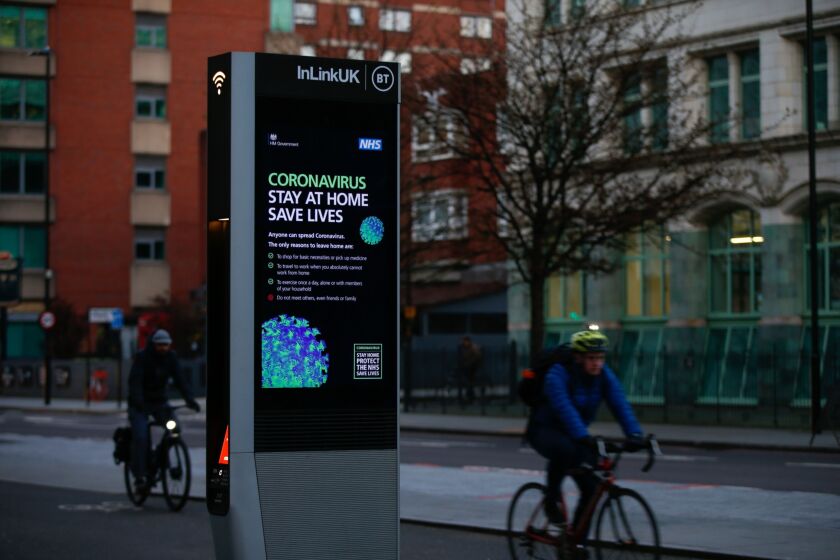U.K. supermarkets which have been experimenting with mobile scan-pay-go may see more consumers adopting the technology due to social distancing requirements in stores.
Of $10 billion allocated in the CARES Act, public airports can use $7.4 billion for any lawful purpose, including the payment of debt service.
NABL suggested that the federal government be allowed to purchase new issues of tax-exempt bonds.
AA-rated Las Vegas saw its outlook revised to negative by S&P Global Ratings with casinos shuttered and visitors absent.
The bi-state transportation agency's executive director, Rick Cotton, recovered from virus than three weeks after testing positive.
Bond-financed student housing was already facing headwinds when the COVID-19 crisis sent most tenants home.
The gig economy flourished in part for its ability to get timely payments to workers. Uber and Lyft, for example, offer express payments to drivers who need to use those funds to refill their gas tanks before picking up the next rider. But these payment innovations mean very little when there isn't sufficient money flowing into the system.
The real estate industry, struggling with coronavirus-linked limitations, got a boost with its sales business reclassified as an "essential" industry.
It doesn't appear that the slowing local and national economy has had much of an effect on the Missoula, Mont., real estate market yet, which has been a seller's market since the end of the last recession.
The operators of the venue argue that COVID-19's economic impact makes a $400 million expansion all the more important.












